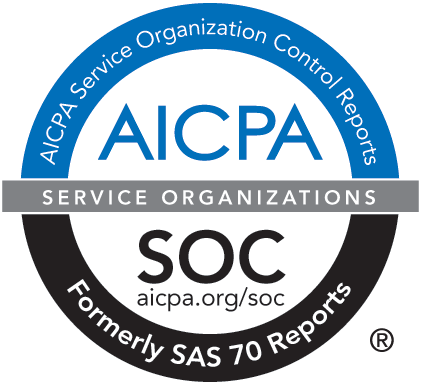FAQs: Donor-Advised Funds
April 28, 2024 - HighGround received insightful questions from nonprofit leaders who attended our Mission Advancement with Donor-Advised Funds workshop at #Outcomes24 earlier this month. In this blog post, we're excited to share the answers to some of those questions.
Is there a minimum contribution required to open a DAF?
HighGround's minimum initial contribution to open a DAF is $1,000. While minimum requirements vary among sponsoring organizations, they are generally low, and that is one reason the DAF is such an accessible giving tool for donors across the income spectrum.
Do all sponsoring organizations accept noncash assets?
Gift acceptance policies vary among DAF sponsoring organizations, but HighGround is equipped to receive both cash and noncash contributions. Our expert team has helped donors contribute appreciated stock, real estate, mineral royalties, business interests, and valuable personal property to their DAFs. These are smart donations, too, because DAF contributions of appreciated noncash assets held more than one year are not subject to capital gains tax.
Is there any incentive for a donor to leave their DAF assets undistributed?
Donors are eligible for a charitable tax deduction in the year they contribute assets to their DAF. Those assets are invested for tax-free growth, potentially multiplying the money available for granting. For this reason, a donor may be strategic about when and how much they distribute in order to capitalize on the tax-free growth potential of a DAF, but the donor does not receive further tax deductions nor incentives to leave the assets undistributed in perpetuity.
Does the IRS require of DAFs a minimum annual payout rate, like the 5% it requires of private foundations?
No, the IRS does not currently require a minimum annual payout rate of DAFs. Donor Advisors use their DAFs in different ways; some grant in the short-term while others treat their DAF like a long-term endowment, granting out just the investment income while keeping the principal intact for future investment growth. Even still, the National Philanthropic Trust calculated an average annual payout rate of 22.5% in 2022, and the DAF Research Collaborative calculated a mean payout rate of 18% per year over a 3-year period in a recent study. These rates far exceed the 5% payout requirement of private foundations.
What happens to DAF assets after the last Donor Advisor has passed?
HighGround requires each donor-advised fund to have a succession plan in place, to be activated upon the death or incapacity of the last Donor Advisor. When creating a succession plan, Donor Advisors can name Successor Advisors to assume fund advisory privileges and/or Charitable Beneficiaries to receive final distributions from the fund. Alternatively, Donor Advisors may choose to establish an endowment with their remaining DAF balance, to benefit designated charities with monthly income distributions for years to come.
If you're interested in learning more about the ways a DAF could benefit you or your nonprofit, call our DAF Program Manager at 214.978.3303.



